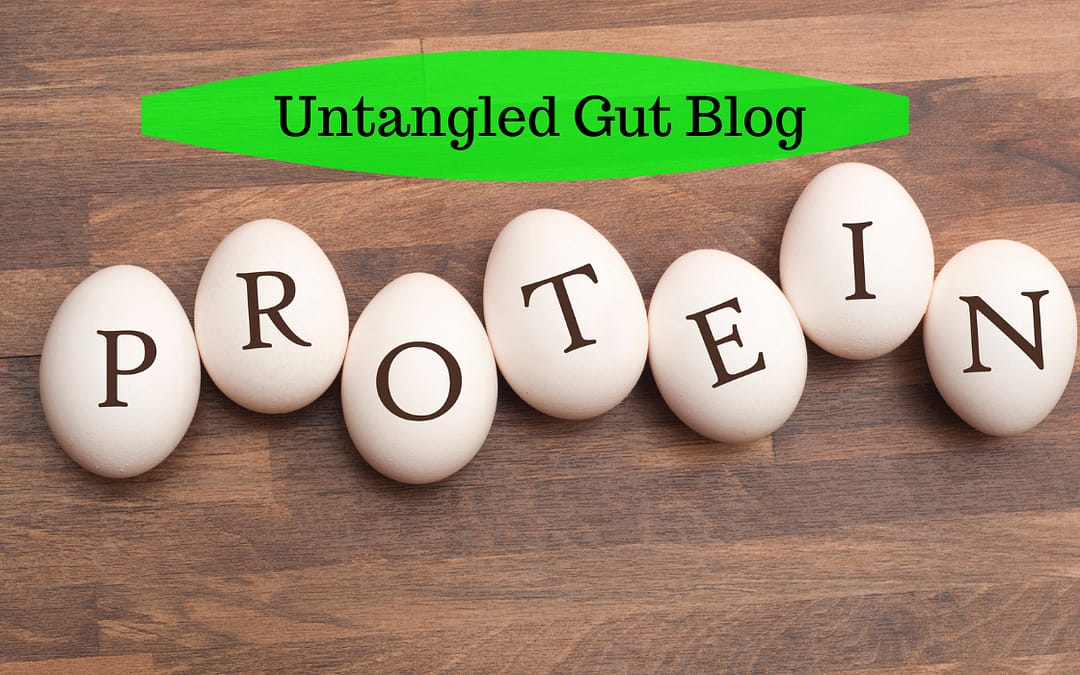Worried About Weight Gain During Perimenopause? The Best Tip You Need to Know!
The mindset shift to make if you are worried about weight gain during perimenopause…
Fitness and movement have been an important part of my life for a long time. Movement allows me to improve my health, get rid of stress, express creativity, challenge myself, connect to my body and to feel free and have fun.
I have participated in a wide variety of activities, and I have heard people in the fitness industry talk about protein… A LOT.
Yet, I had a mental block. I never really thought their advice applied to ME. Afterall, I wasn’t a body builder or participating in fitness competitions.
BIG mistake on my part!
Turns out, we should all be listening to this advice, especially women during perimenopause and beyond!
One of the most important changes I have made to address my own weight gain during perimenopause has been increasing my protein intake.
After researching strategies that would have the greatest impact on health and fat loss at midlife, I realized that eating adequate amounts of protein stood out as a game-changing strategy over and over again.
As middle-aged women, one of the main concerns that proper protein intake can address is sarcopenia. Sarcopenia is age-related, involuntary loss of muscle mass, strength, and function and is associated with poor health and lower quality of life.
I was shocked to learn that we can lose 3-8% of our muscle mass per decade after the age of 30! YES… after age 30!
Sarcopenia is a contributing factor and cause of frailty and disability in older adults since it increases the chance of falls and the risk of injury.
The loss of muscle tissue also appears to go hand-in-hand with a rise in body fat. This results in unwanted body composition changes (and a wardrobe of mostly yoga pants 😒) and insulin resistance.
In fact, people with handgrip strength at a level below the threshold of weakness (a measure of sarcopenia) were over 3.5 times more likely to develop type 2 diabetes over 6 years!
Clearly, we must avoid sarcopenia to improve our longevity, increase our health span, and to age gracefully!
So, how do we do that?
The prevention of sarcopenia requires the preservation or building of skeletal muscle mass.
Changes in muscle mass depend on the balance of two processes, muscle protein synthesis (repairing muscle tissue) and muscle protein breakdown. To maintain or build muscle mass, muscle protein synthesis has to be equal to or greater than muscle breakdown.
There are two main ways to stimulate muscle protein synthesis. One is by performing resistance exercise training (which would be my #2 tip if you are worried about weight gain during perimenopause 😉).
The other is by eating a sufficient amount of high quality protein that includes the essential amino acids (building blocks of protein that the body must get through food) at each meal.
That’s pretty cool!
You can preserve muscle tissue simply by eating the optimal amount of protein during your meals. Notice that it is not a daily amount of protein that is the key factor, but the amount of protein at each meal.
Even More Benefits of Protein For Women Over 40:
Halting or preventing sarcopenia is reason enough to prioritize protein as you move through your 40’s and 50’s! But, it’s a crucial nutrient for several other reasons.
Many of the following benefits relate to protein’s supporting role in helping women reach their wellness and weight/fat loss goals:
- Protein is the most satiating of the macronutrients (protein will keep you feeling full and satisfied longer and is more difficult to overeat than fat or carbohydrates)
- It has the highest thermic effect of food (TEF). TEF refers to the calories that are burned during digestion, absorption and usage of food for energy. Over time, upping your protein can help with body recomposition (increasing muscle and decreasing fat).
- Protein is required for neurotransmitter production (balanced moods)
- Protein is necessary for bone health
- Protein shows benefits for blood sugar regulation
- Amino acids from protein are used to build antioxidants
- Amino acids from protein support the health of the gut lining
- Amino acids from protein are the building blocks of collagen which is needed for hair, nails, skin and joint health
- Inadequate protein may lead to weakness, fatigue and poor immunity
Now you are probably wondering how much protein is the optimal amount to consume???
One scientific article indicates that in order to maintain healthy muscle mass, adults should be eating at least 30 grams of protein at more than one meal each day.
A separate journal review recommends 25-30 grams of high quality protein per meal.
Well…there you have it!
I hope this inspires you to track your protein intake for a few days to see how much you are actually eating at each meal. If you find you are much lower than these suggested amounts, add 5-10 grams of protein to each meal and give your body time to adjust until you reach the recommended levels.
As I pointed out in the previous blog in this series, breakfast is the perfect place to start adding in that protein… so start there!
If you are interested in learning more about the connection between short-term muscle loss due to Covid-19 and the possible long-term health effects, check out this article. I found it super interesting!
Do you need some fresh, new, healthy, simple breakfast ideas to support your active body during midlife???
Download your FREE recipe guide below



